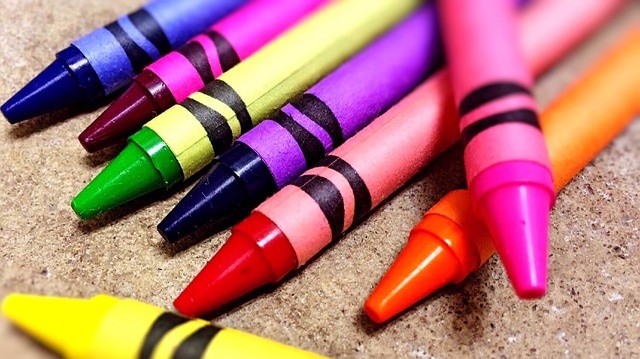|
Believe it or not, some people don't have the strength to start on a anxiety or depression recovery program. This is usually because they are so in the depths of despair and the mental illness involved has got them so tightly in the clutches that they can't see any light at the end of the tunnel.
In one of my previous YouTube video's, I spoke about how important it is to get yourself to a doctor and as much as a lot of us hate medication, it can be a saving grace by easing those dreadful symptoms and giving you a little hoist out of that deep dark rut... just enough for you to be able to continue helping yourself. In addition to that, here are 5 more top tips that can help you and encourage you to start recovery. 1. ACCEPTANCE - Accepting your mental illness is very important, and for me personally, it played a key role for me. Once I accepted that I had an Anxiety Disorder, all the anger and bitterness just washed away and all the fatigue from constantly fighting against it just vanished. You cannot seek help for your problems until you accept and admit that you have a problem. 2. DON'T BE ASHAMED - People with mental disorders often feel embarrassed and ashamed because society has played such a stigma on mental illnesses. It is very important to realize that even though you feel alone, you are by no means alone. There is no shame in having a mental illness, just as there is no shame in having a physical illness 3. GET INSPIRED - Reading other peoples' testimonials in books, magazines or on-line can be of enormous benefit, and there is nothing better than reading someone else's story of how they were in the depths of despair and how they got better. 4. TREATMENT - I feel strongly about this one because everyone seems to want to add their two cents when it comes to how a mental disorder sufferer should go about recovery. It is no one's business but yours! If you want to go the conventional way, then do it. If you want to do it the natural way, then go for it. Whatever treatment or medicine you decide to opt for, let it come from you. Don't let other people bully you. (Please always visit a doctor before taking medication or embarking on a treatment plan) 5. SUPPORT - Having a support structure is another key factor for mental disorder recovery. You cannot do this alone and having encouragement from a relative or friend can really make or break the recovery process for you. The sad thing is that not everyone has a support structure, and if you are one of these people, then please reach out to one of the many NPO's that have resources to help and support people with mental disorders. It's honestly something I brushed off in the past, thinking this was one activity that could only excite a child. So you can imagine my raised eyebrows when I was first introduced to colouring in as a way to relieve my anxiety, but I think desperation to alleviate some of my symptoms gave me the nudge to try it out, as reluctant as I was.
At first it felt strange, almost like reliving my childhood hobby back in the day, when the most exciting thing that could possibly happen was when Mom bought me a new colouring in book, and that box of crayons with the added silver and gold colours in it. It does feel a bit strange when you first start out, but once you get going, you will wonder why you made such a deal out of it. I have to say that it's one of the best therapies that I have experienced and I'm so glad I got into it. The whole thing of colouring in and trying to keep the colour within the outlines of the picture requires more concentration than what you would think, and I also think that it has 'recaptured' the artist within me, as I loved art at school. I just used to buy ordinary children's colouring books, but I have recently seen that a range of adult colouring books have been selling really well. In my opinion, these adult versions differ from children's versions in the fact that they are very detailed with lots of small area's and spaces to colour in, and many nooks and cranies as well. I quite enjoy this as it requires me to focus more. Here are 4 reasons why I love colouring in for anxiety relief:
So all I can say, is I regret not having started this amazing therapeutic activity sooner. Give it a go. It's cheap, it's fun, it's easy....and hey, it just might be the reason that you cope that much better tomorrow! |
Archives
November 2019
|


 RSS Feed
RSS Feed